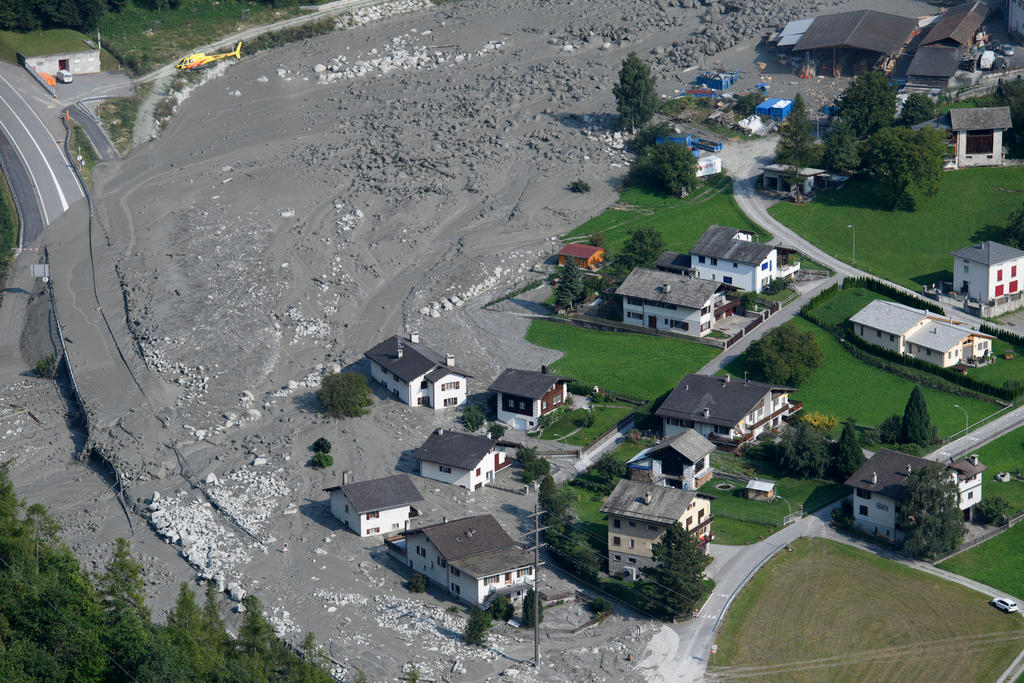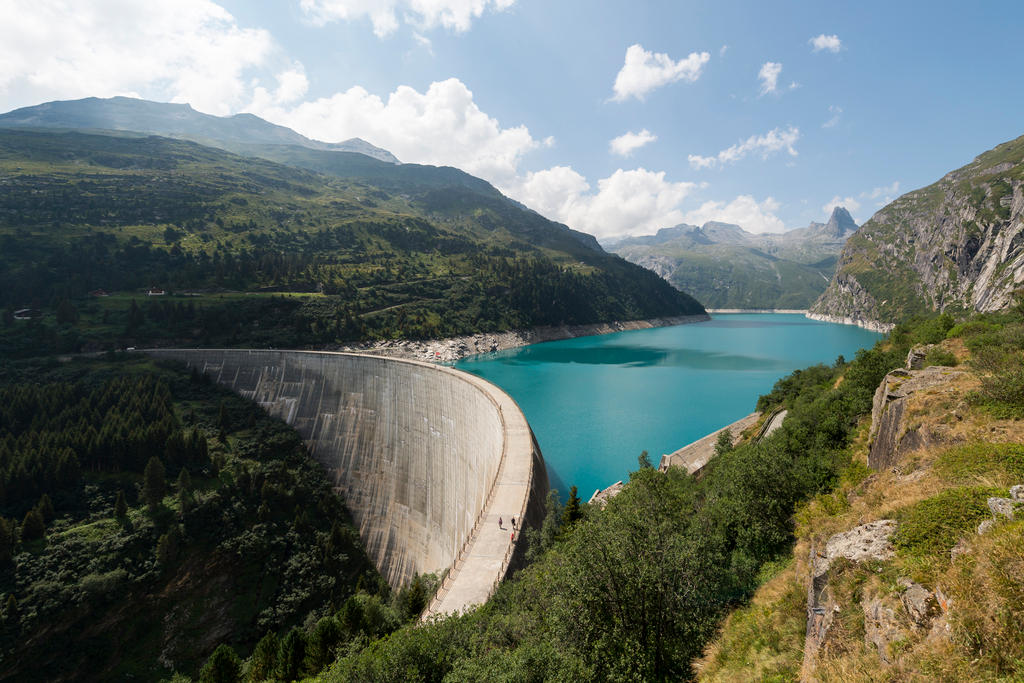COP24: Text adopted, ambitions abandoned
Representatives of 190 countries attending the COP24 climate summit in Katowice accepted the rules for implementing the Paris Agreement, which limits global warming to less than 2˚C. But to achieve this result, it took a lot of negotiation and patience, as the delegates of the Swiss Youth for ClimateExternal link observed.
It is Thursday, the second week of COP24, and nothing has been happening for hours. We are waiting in a room far from the crowd. The negotiators finally snatch a moment of respite and use the opportunity to crash on a sofa or on the floor. They are recovering from a short night and long day of talks.
Suddenly, the new texts are published. The negotiators are waking up. A murmur runs through the corridors of the conference centre we refer to as the capital. What margin is there for manoeuvre? What are the points that can be conceded? Which ones are worth fighting for? We observe the delegations returning to the negotiation rooms. Unfortunately, as civil society observers, we do not have access to the action inside, but the tension is palpable. It is 11pm when negotiations resume. It will be a long night…
Navigating the summit
COP24 brings together nearly 20,000 participants: delegates, ministers, journalists, civil society observers, young and old, some dressed in traditional clothes, others completely in formal attire. Many events take place simultaneously: plenary negotiations, group negotiations, bilateral negotiations, side events on a variety of topics ranging from social transition to food waste, cultural activities at country pavilions, meetings among members of civil society or youth representatives.
Some of these discussions are open to all stakeholders while others are not or only in a limited way. It’s not always easy to find your way around! The COP is a unique opportunity to learn a great deal about both the conduct and content of international climate negotiations and climate change in general. It is also an extraordinary meeting place, where people from diverse cultures and backgrounds join forces to address the complex issue of climate change.
Relief
It is Saturday. A little before 11pm, the President’s gavel falls and the final version of the text is finally adopted. After two days of waiting and negotiations behind closed doors, we are relieved. Except for the points of disagreement that are postponed until next year, the manual for the implementation of the Paris Agreement looks relatively good.
The rules it contains will make it possible to monitor the evolution of countries’ greenhouse gas emissions, the measures put in place to reduce them, as well as the financial support to be provided or required. However, it is regrettable that there is no reference to human rights and no inclusion of civil society in the monitoring of the implementation of the Paris Agreement. It is also disappointing that countries have not taken the opportunity to increase their commitments to reduce emissions and provide financial support for the most vulnerable countries. Indeed, the promises made so far to reduce emissions, as long as they are kept, would lead us to a world at +3°C.
We once again find ourselves in a “business as usual” situation, far from the major societal changes necessary to limit the global temperature rise to 1.5°C.
Founded in 2015, Swiss Youth for ClimateExternal link is a non-profit organisation that is politically neutral. Its main objective is to give young people a voice in the political debate on climate change. The organisation is part of the Swiss delegation to COP24 in Katowice, Poland.
The views expressed in this article are solely those of the authors, and do not necessarily reflect the views of swissinfo.ch.
swissinfo.ch publishes op-ed articles by contributors writing on a wide range of topics – Swiss issues or those that impact Switzerland. The selection of articles presents a diversity of opinions designed to enrich the debate on the issues discussed.

In compliance with the JTI standards
More: SWI swissinfo.ch certified by the Journalism Trust Initiative




You can find an overview of ongoing debates with our journalists here. Please join us!
If you want to start a conversation about a topic raised in this article or want to report factual errors, email us at english@swissinfo.ch.